Download the full PDF Report here:
"The increase in data collection and analysis recorded in the global markets presents an opportunity for Nigeria's capital market to achieve key sustainable development targets across other sectors of the economy via digital transformation".
- Temi Popoola CEO, NGX Limited
Digital platforms now facilitate many businesses globally, but the relevance of digital transformation in the context of the Nigerian Capital Market (NCM) derives from the need to improve not just the trading experience of investors but also the clearing and settlement processes through a thorough review of the operational models of the markets and the utilisation of modern technology. In times past, the equities markets were largely paper-based, relying on ticket certificates and ledgers. Several days were required to settle trades, mainly because the paper had to move between counterparties physically. Today many of these processes are being digitised. However, trading has been able to capitalise on digitalisation to a much greater extent than clearing and settlement.
Market efficiency (in both of its forms, namely logistic and informational) has always been of concern to stakeholders, but as financial globalisation and cyber security become more critical, discussions around Distributed ledger technology (DLT) and its potential have become more commonplace. Distributed ledger technologies, like blockchain, are peer-to-peer arrangements that enable parties in a capital market transaction to maintain their own identical copy of a shared ledger. Rather than requiring a central authority to update and communicate records to all participants, DLTs would allow members to securely verify, execute, and record transactions without relying on a middleman.
Distributed ledger technology (DLT) has the potential to remove many of the inefficiencies and costs inherent in the Nigerian Capital market infrastructure.
But the drive for the adoption of DLT is motivated by different interests on the part of different operators. While Regulators tend to be interested in lowering costs and improving the process, Financial Market Infrastructures (FMIs) tend to be interested in preserving their businesses and improving the process. Issuers show greater concern about liquidity and lowering costs. Investors showed interest in Digitization because of the prospects of new assets class, transparency, liquidity, and access to multiple jurisdictions (see chart 1 below).
Chart 1:
Download the full PDF Report here:
 Lagos, NG • GMT +1
Lagos, NG • GMT +1











 370 views
370 views






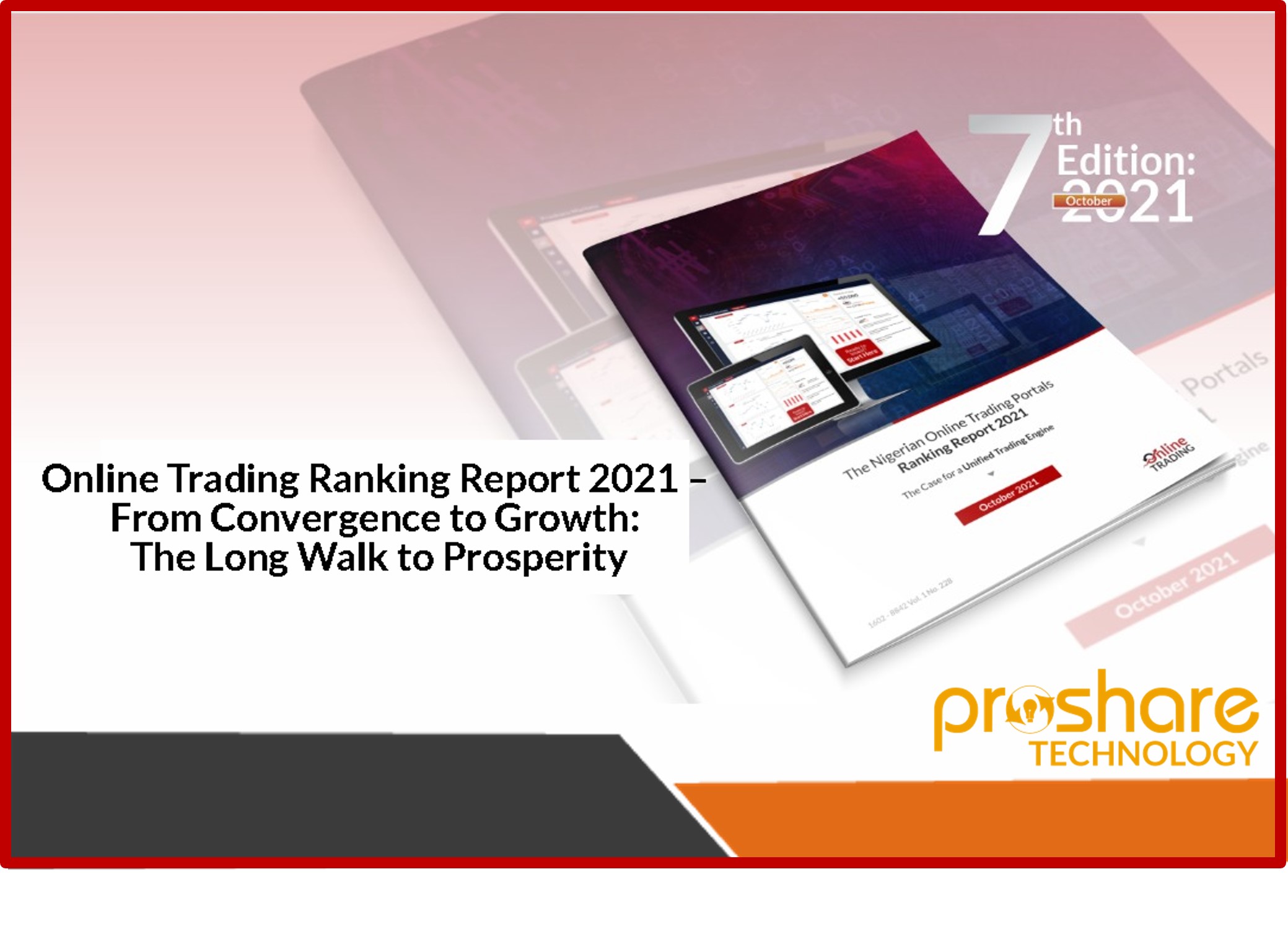
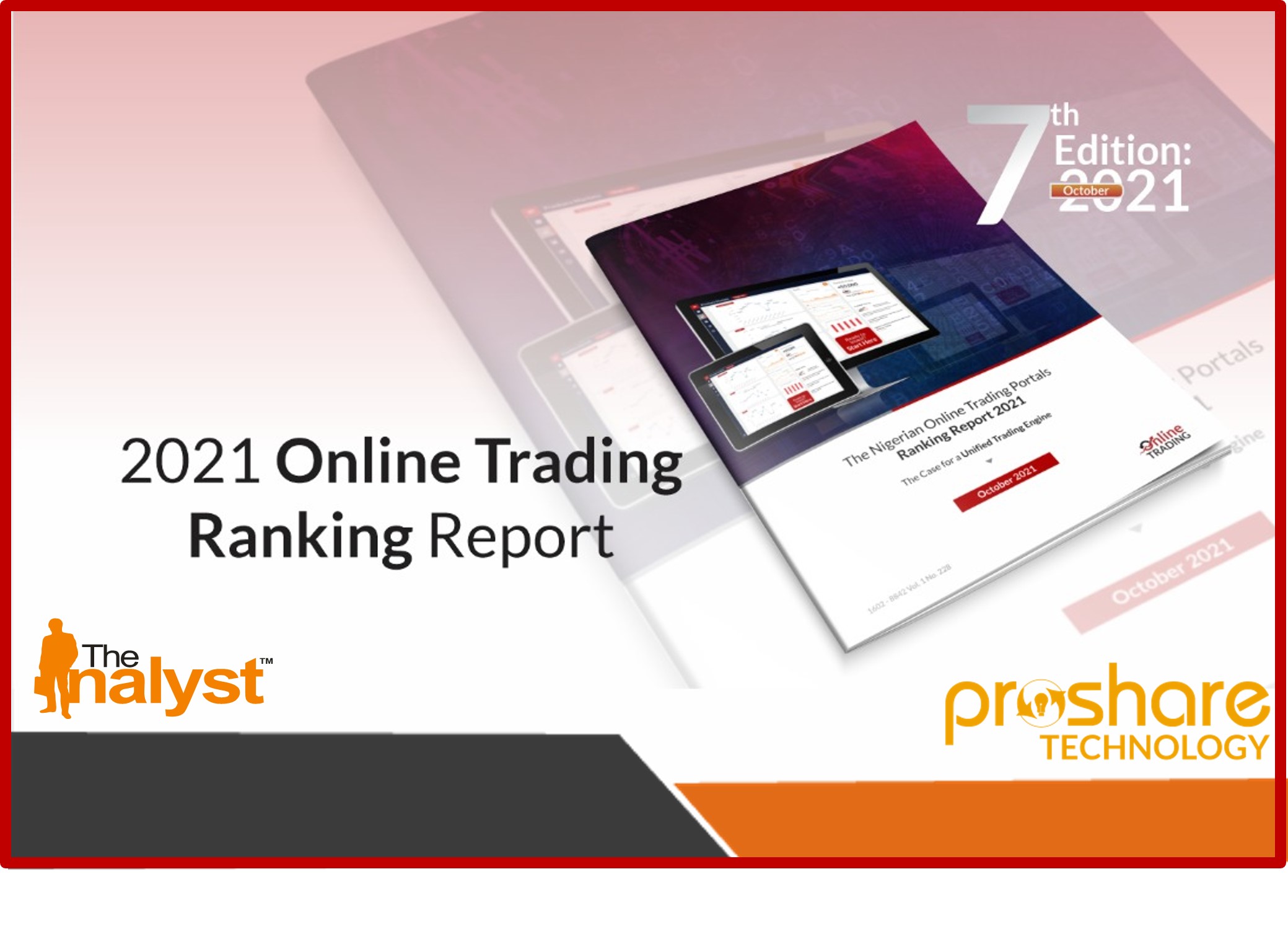
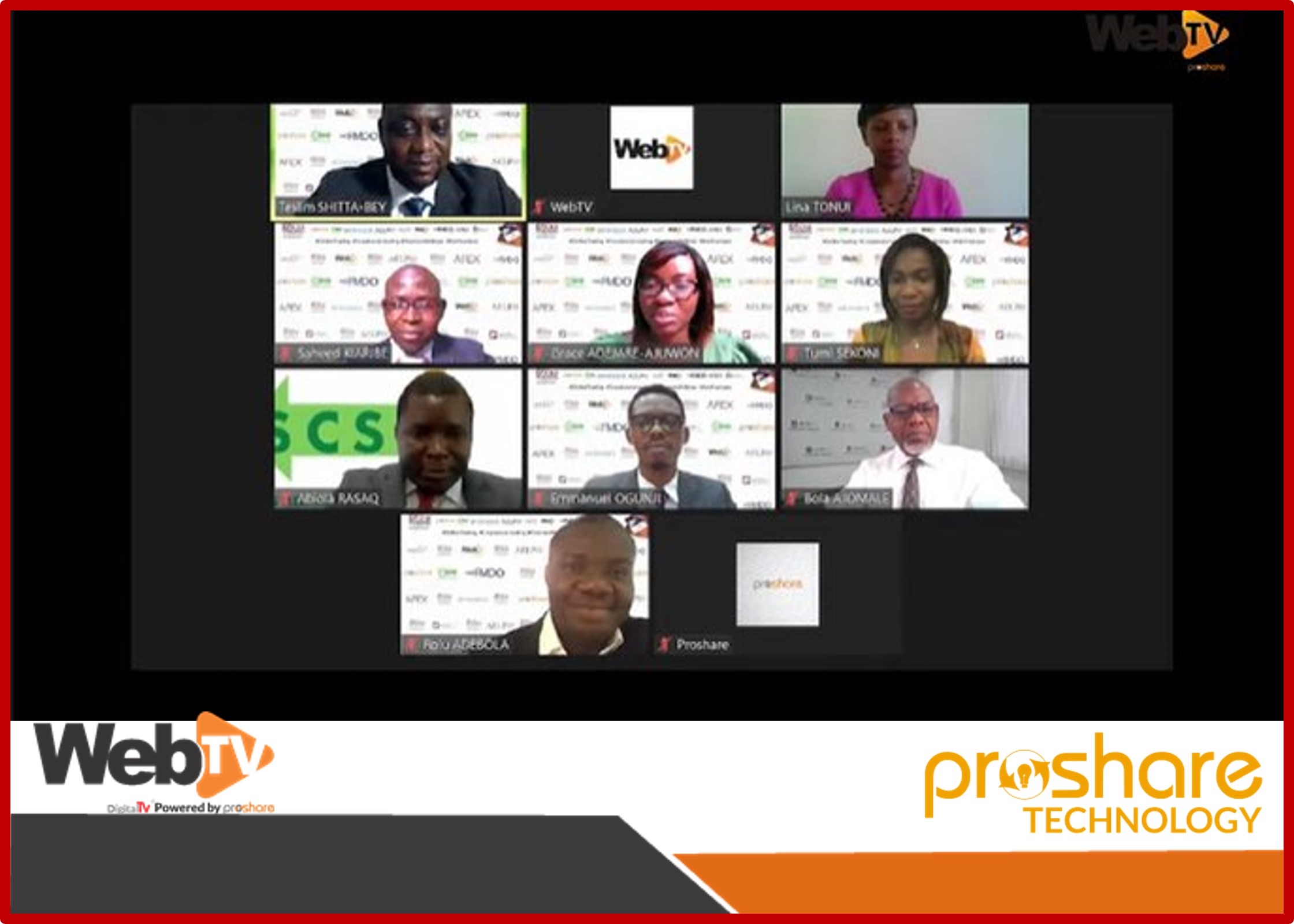

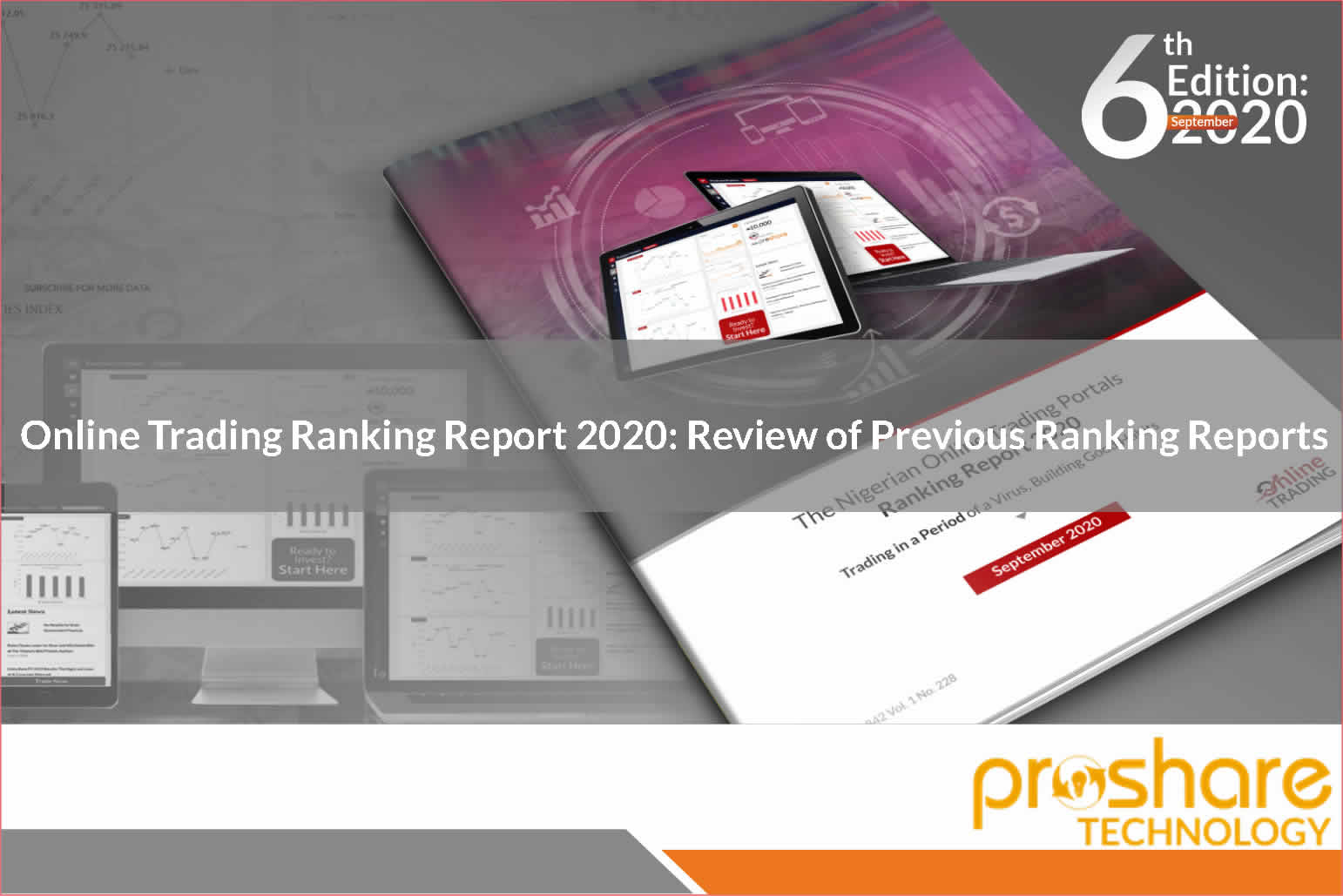
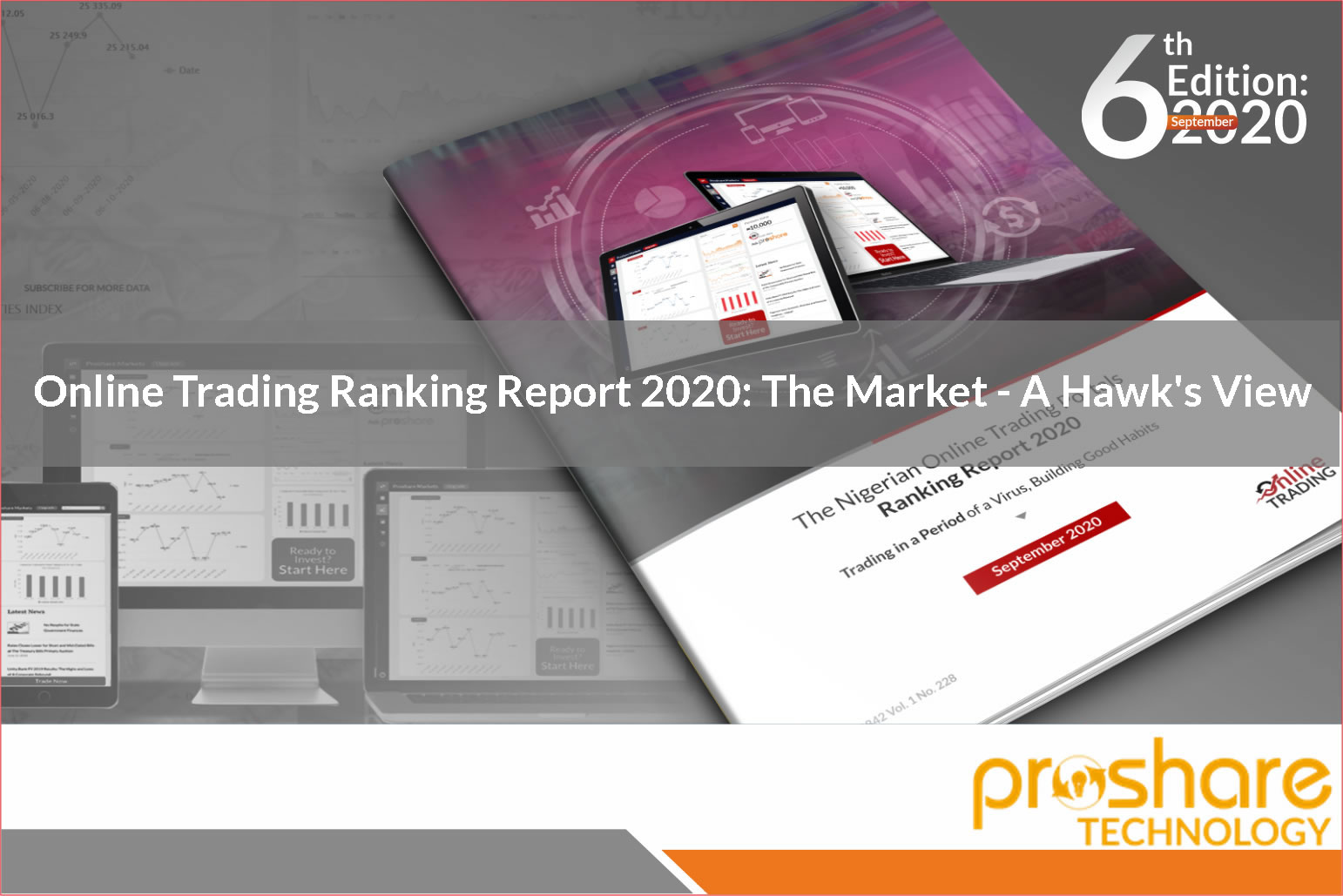
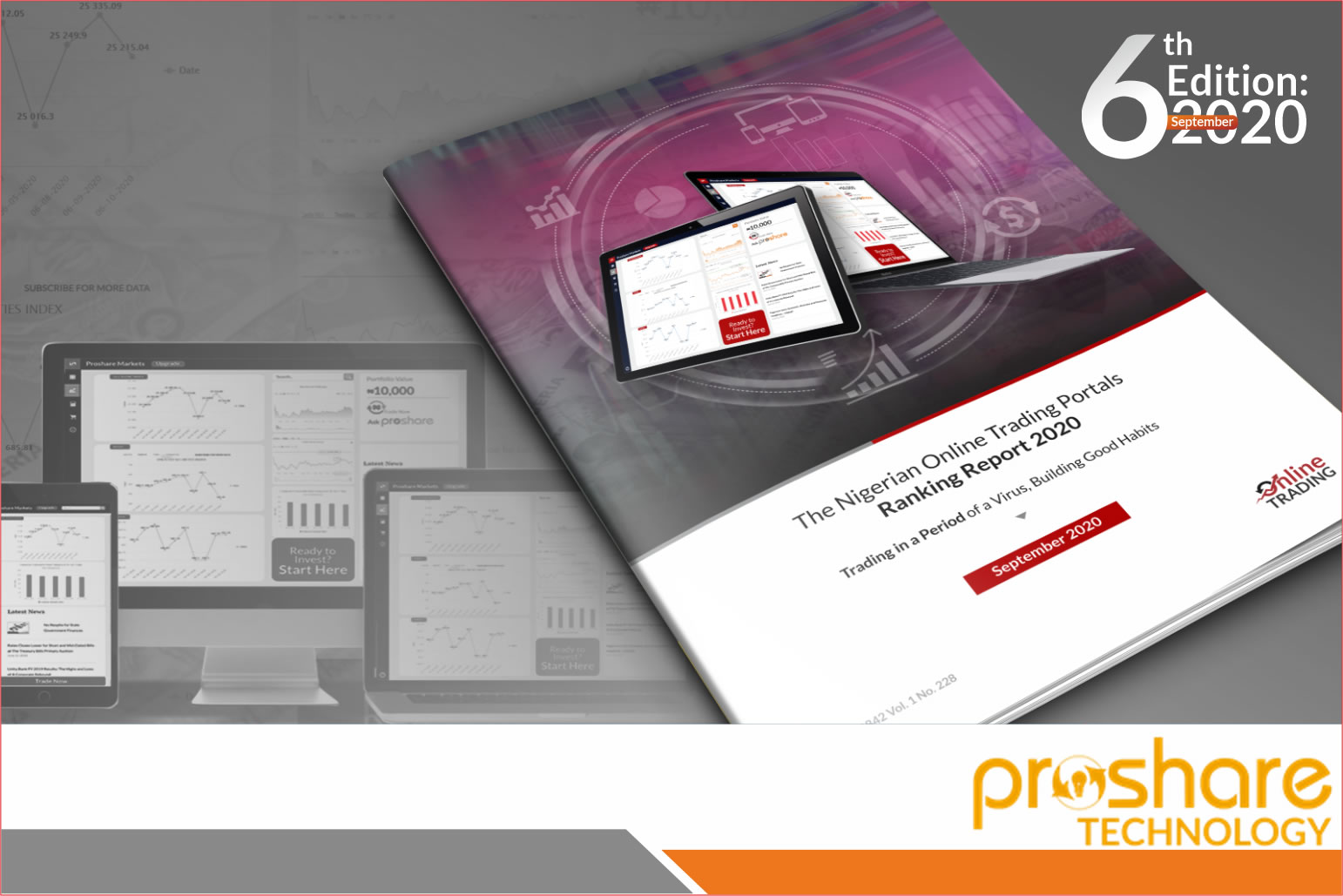

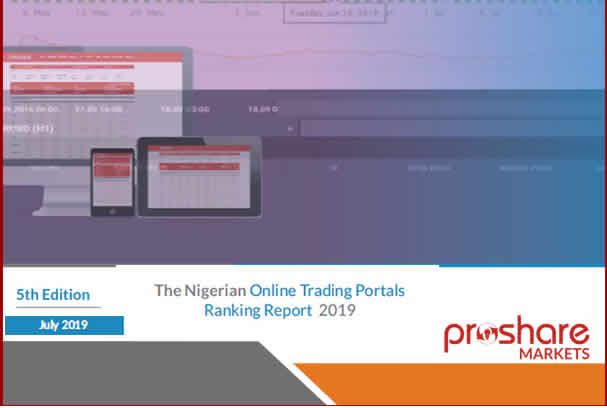
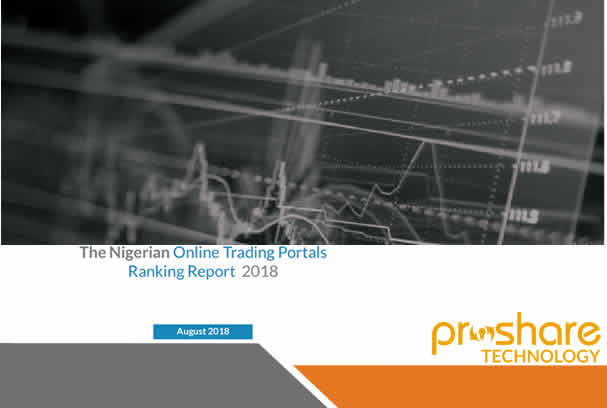





 Sponsored Ad
Sponsored Ad
 Advertise with Us
Advertise with Us









